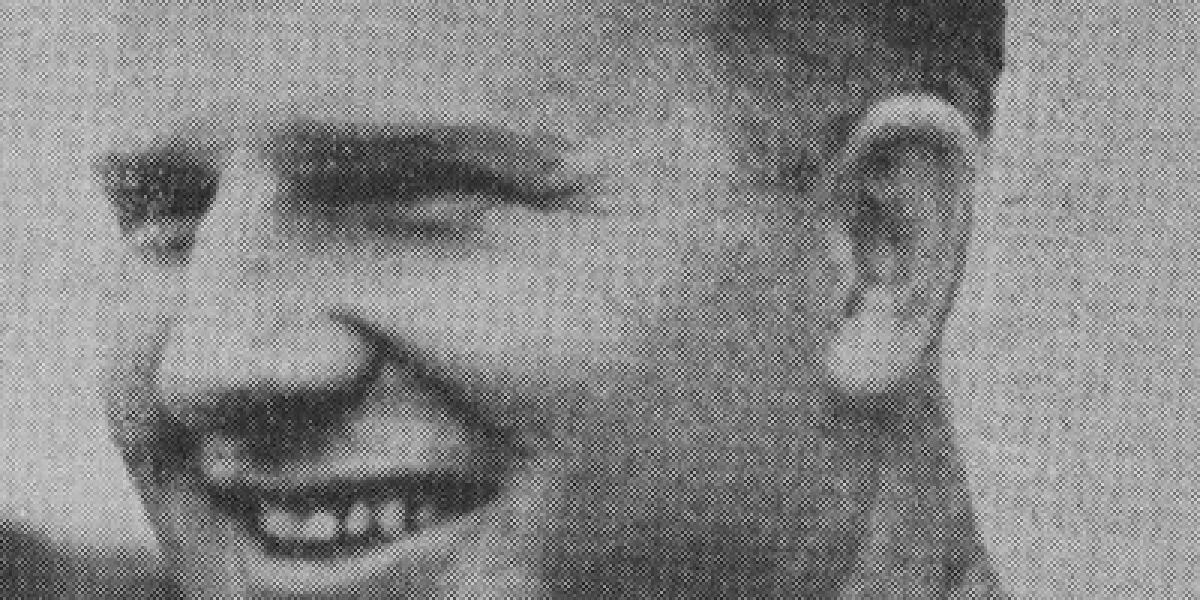From Humble Beginnings to Fighting Irish Greatness (Early 1900s-1924)
Born in 1900 in Chisholm, Minnesota, Joe Bach's athletic talent blossomed on the dusty fields of his rural hometown. He arrived at Notre Dame in 1921 as part of Knute Rockne's highly-touted recruiting class, alongside future "Four Horsemen" stars. However, unlike some of his more heralded classmates, Bach wasn't initially destined for the spotlight. Initially recruited for basketball, Bach's raw athleticism and dedication caught the eye of Coach Rockne, who saw his potential as a lineman.
A Pillar of the "Seven Mules" (1922-1924)
Bach quickly adapted to football, becoming a crucial member of the "Seven Mules" offensive line. While not possessing the sheer size of some of his linemen counterparts, Bach's agility, strength, and intelligence made him a valuable asset. He could play both tackle and guard positions with exceptional skill, providing essential protection for the dynamic "Four Horsemen" backfield and creating running lanes for the likes of Don Hutson and Jim Crowley. His versatility and tactical acumen were instrumental in the "Seven Mules'" success.
A Champion and a Leader (1924-1936)
Bach's contributions transcended mere blocking. He was a vocal leader within the offensive line, known for his work ethic and unwavering dedication. His leadership and on-field presence played a vital role in Notre Dame's rise to national prominence under Rockne. During his senior season in 1924, the Fighting Irish capped an undefeated season with a victory in the inaugural Rose Bowl. Bach's leadership and consistent play were key factors in this historic achievement.
From Player to Coach: Leaving a Mark Beyond Notre Dame (1935-1953)
Following his playing career, Bach transitioned seamlessly into coaching. He started with a brief stint as an assistant at his alma mater before embarking on a professional coaching career. Bach's first head coaching job came with the struggling Pittsburgh Pirates (a forerunner to the Steelers) in 1935. Though his tenure there was short-lived, he guided the team to their first non-losing season in franchise history in 1936. Later, he returned to the professional ranks as head coach of the Pittsburgh Steelers (1952-1953), showcasing his dedication to the game.




